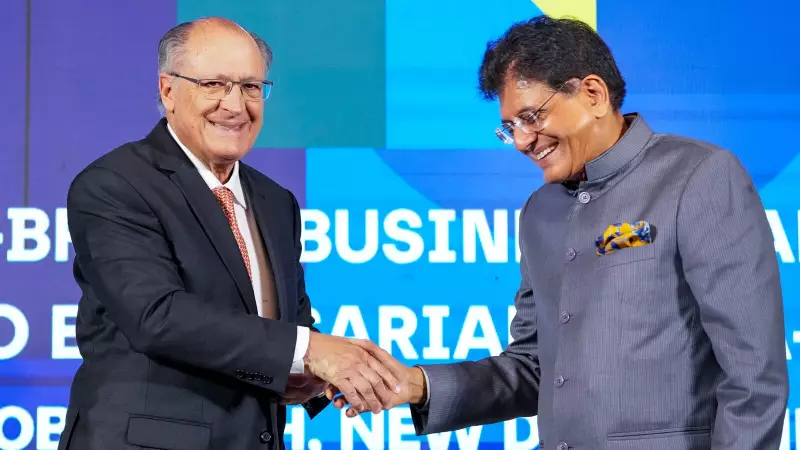
In a significant move that could reshape global economic dynamics, Brazilian President Luiz Inácio Lula da Silva has unveiled plans for a comprehensive strategic alliance with India, marking a new chapter in South-South cooperation.
A New Era of Bilateral Cooperation
The Brazilian leader's initiative aims to create a robust framework for enhanced economic collaboration between two of the world's largest emerging economies. This partnership represents a strategic pivot toward strengthening ties between global south nations at a time of shifting international alliances.
Economic Growth as Central Focus
At the heart of this proposed alliance lies a mutual commitment to boosting economic growth and expanding trade relations. Both nations recognize the immense potential for synergy between Brazil's agricultural powerhouse and India's technological and manufacturing capabilities.
The strategic partnership encompasses multiple dimensions:
- Expansion of bilateral trade in key sectors including agriculture, technology, and pharmaceuticals
- Collaboration on sustainable development and climate initiatives
- Enhanced investment flows between the two economies
- Knowledge sharing in innovation and digital transformation
Why This Alliance Matters Now
This initiative comes at a crucial juncture in global politics, where emerging economies are increasingly seeking to establish independent trade networks and economic partnerships. The Brazil-India alliance could serve as a model for other developing nations looking to strengthen their economic sovereignty.
The timing of this announcement underscores both nations' commitment to diversifying their international partnerships and reducing dependency on traditional Western markets.
Potential Impact on Global Trade
Analysts suggest that a strengthened Brazil-India partnership could create new trade corridors and influence global commodity markets. The collaboration between these demographic giants—representing nearly 1.5 billion people—has the potential to create one of the most significant economic blocs in the developing world.
As both nations continue to navigate post-pandemic economic recovery, this strategic alliance could provide the momentum needed to accelerate growth and create new opportunities for businesses and citizens in both countries.





